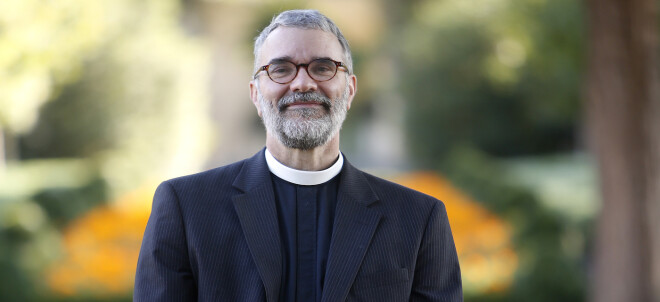Communion Matters IV: The Missionary

We are thinking together, from a variety of angles, about communion, the concrete examples of which, for us Anglicans, is our global fellowship. But this came about as a result of the missionary movement. Since many now point out the relation between this movement and imperialism, should we still hold missionaries in esteem? I do not deny that they, who were after all creatures influenced by their time, were flawed, and on occasion grievously so. Still i offer seven reasons they merit our attention and even our praise.
- The relation of missionary to colonizer was complicated. It is true that our Anglican churches were often in places the British ruled, but not always. And equally frequently the colonizers found the missionaries to be a pain in the neck, evangelizing and criticizing things we would criticize too, like suttee or foot-binding. Furthermore the courage of the original bearers of the Gospel was remarkable, some understanding that they would die of malaria or black water fever not long after arrival.
- While the missionaries had an important role, others often actually took the lead. Most Africans, for example, first heard the Gospel from local catechist/ evangelists. For this reason the theme of ‘native agency’ has become central to mission studies. God had surprises for all, including the missionaries, as the story unfolded in each region.
- We have indeed come to see more clearly that mission is, as the tagline came to be, ‘from everywhere to everywhere,’ and that includes us in the West on both sides of the equation. But, with all their inevitable flaws and gifts, we need some with his distinct calling remind of this wider dimension of vocation we all share. In line with this, some of the prominent movements in the Church in the Global North- church growth, missio Dei, total ministry- began with, or in spite of, the missionaries in the Global South, themselves.
Peace,
+GRS




